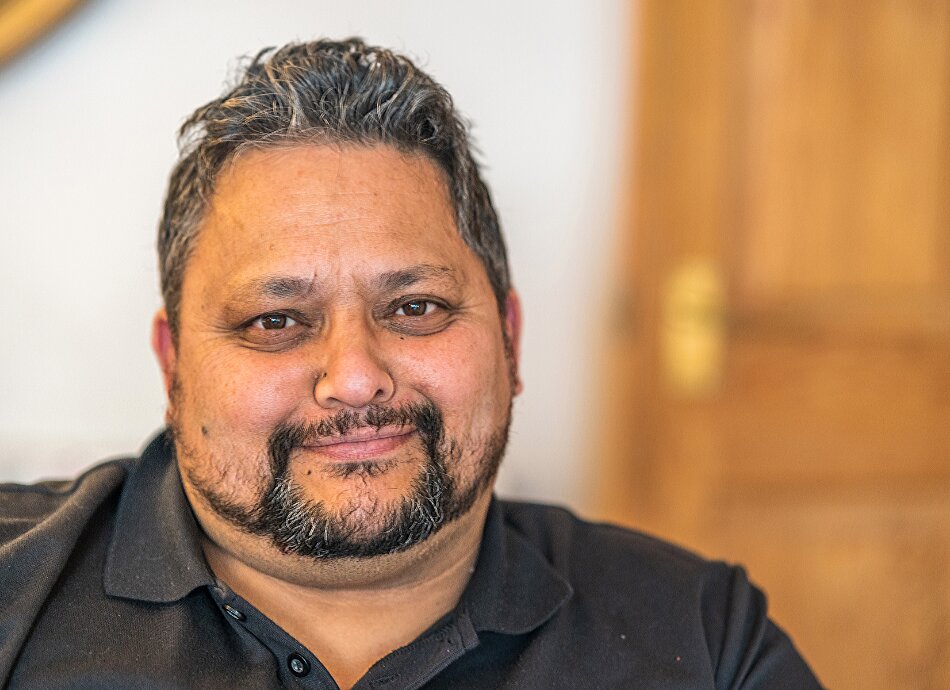If you aren’t currently enrolled with a GP, find yourself one. Ask your friends and whānau for a recommendation, or go to Healthpoint(external link) and search for a local GP. Make an appointment to get an overall health check-up and tick off some of those age-appropriate tests like blood pressure, cholesterol screening, prostate checks and Type 2 diabetes. Once you ‘get in the system’ you can rest easy knowing regular recalls will have a positive impact on your health going forward.
Low or no data? Visit zero.govt.nz, scroll down the page then click on our logo to return to our site and browse for free.
Lose your fear of talking about health
Key points about losing your fear of talking about health
- It’s no big secret that many Kiwi men are reluctant to talk about their physical and mental health.
- You may ignore signs that something is wrong or may feel unable to talk about what is bothering you.
- But there’s a world of support, advice and information for you, along with many ways you can take better care of yourself.
- Here are some tips to guide you in taking charge of your health.

Know what conditions run in your whānau/family and be familiar with the warning signs for those conditions. Often you can help prevent a medical condition by seeking help early – having a good relationship with your GP or practice nurse will help. Talk to your family about ways to stay healthy and make steps towards a more healthy way of life by doing it together and supporting each other.
Chest pain? Trouble peeing? Feeling anxious? Even a small problem could be the start of something more serious, so watch out for warning signs of illness or disease. Waiting around for problems to fix themselves (or pretending they're not happening) could lead to complications or not getting a diagnosis in time to stop things getting worse.
Take time out to talk to your mates about more than the usual man stuff. By opening up with your worries or issues, you’re letting them know you’re there to listen to them as well. Structure a chat around some activity you like to do together – after a sports game, a DIY session, around the BBQ or over a beer at the pub. And don’t just end the conversation at your physical health – if you think someone is struggling, be direct and ask them “are you okay?” or “do you need any help?”.

Image credit: Canva
Set a good example for others by making good lifestyle choices and looking after yourself. If you have sons or other young men in your life, make sure you help them feel comfortable and supported to talk about whether they are feeling well, have any concerns or not coping. Encourage them to share the good and the bad!

Image credit: NZStory toolkit
The more openly we talk about physical and mental health, the better things are for everyone. Have the confidence to ask for help if things aren’t going well. If you’re concerned about any symptoms you have, or if you’re worried about any feelings you’re having, find someone to talk to. This might be a close friend, whānau member, health professional or anyone you trust who can listen and help. It’s up to ‘us’ to support ourselves to live happier, healthier lives.
Talking about your health and getting it sorted can mean you'll be around for your whānau and able to enjoy all the good days, good times and special occasions to come. You will also be a role model for your tamariki and mokopuna, so they can grow up knowing how to care for their hauora. Having the right support and taking charge of your health issues is possible when you face your fears head on.
References
- You don’t have to tough it out(external link) Depression.org.nz
- Watch out for these warning signs(external link) Everyday Health, US
Credits: Healthify Editorial Team. Healthify is brought to you by Health Navigator Charitable Trust.
Page last updated:





